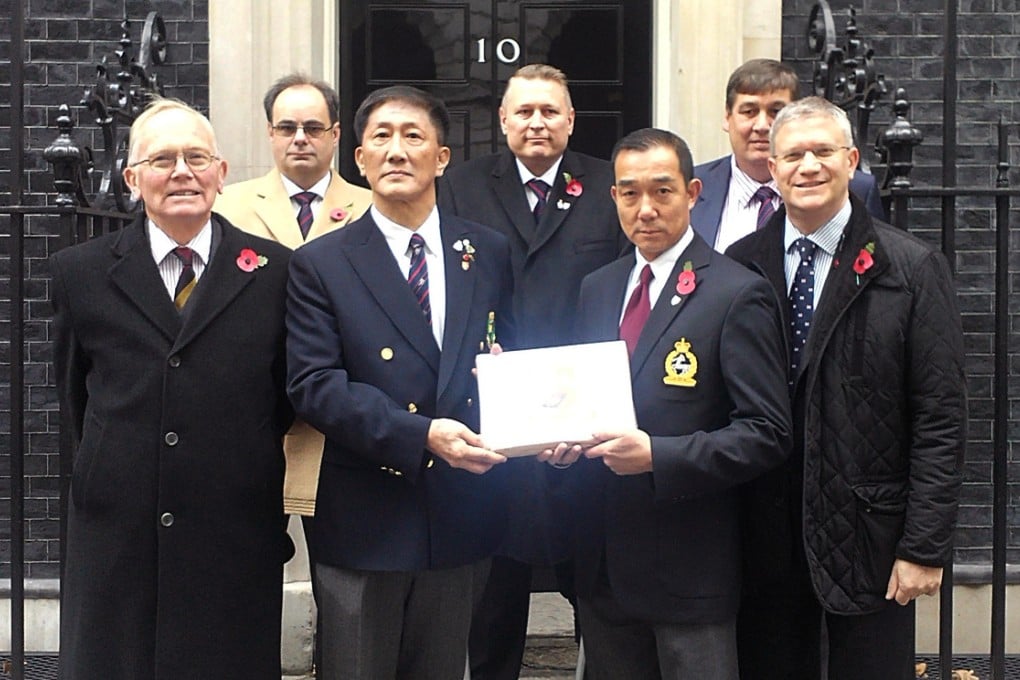Hong Kong's ex-colonial servicemen file for British passports
Hongkongers who served under colonial government file applications for UK passports, saying the time is right to correct handover injustice

With the debate over political reform seeing Britain assert a "moral responsibility" for Hong Kong's welfare, old soldiers who served under the command of the colonial government have seized the moment to step up their fight for right of abode in the United Kingdom.
In a test case, three former British-Hong Kong soldiers are filing applications for full British passports, 18 years after the transfer of Hong Kong's sovereignty to Beijing.
They are part of the Campaign for Abandoned British-Chinese Soldiers Left in Hong Kong, a group set up in 2012 to fight for the rights of an estimated 1,600 veterans who were not among 50,000 Hong Kong families given right of abode under the British Nationality Selection Scheme.
Andrew Rosindell, a Conservative member of the British parliament's foreign affairs committee, was hoping the panel would meet the veterans during its visit to the city as part of its inquiry into Britain's relations with post-handover Hong Kong and the status of the joint declaration signed by London and Beijing 13 years before the handover. However, the plan came to nothing after the Chinese government barred the trip.
During the ensuing debate, the minister responsible for Hong Kong affairs, Hugo Swire, told MPs last December: "As a co-signatory, the United Kingdom has a legal interest and a moral obligation for the monitoring and implementation of that treaty."
The anger has not abated, with the committee last week criticising the British government for not issuing a diplomatic protest to China's ambassador.
"[Hong Kong's present political situation] may remind Britain of us, a group of people left behind here for so long. Won't they think of their moral duties regarding this forgotten group?" said Harry Wong Hi-kwong, the only applicant among the three who agreed to be interviewed.
